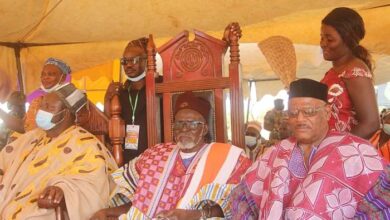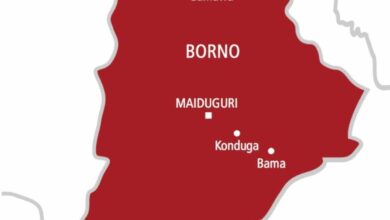Genocide: US military threat weakens investors’ confidence, Naira – CPPE

The Centre for the Promotion of Private Enterprise has said that the recent threat by the United States of America, President Donald Trump, of a possible military invasion over alleged Christian genocide would weaken investors’ confidence and the naira against the dollar.
The Chief Executive Officer of CPPE, Dr Muda Yusuf, disclosed this in a statement on Monday.
Recall that Trump recently threatened military action if the Nigerian government fails to tackle alleged Christian killings in the country.
Trump’s threat has received mixed reactions from Nigerians, including the presidency.
Reacting, CPPE said Trump’s comment carries far-reaching implications for the Nigerian economy.
The Centre said the statement risks undermining Nigeria’s image as a stable investment destination.
“The statement risks undermining the country’s image as a stable investment destination, unsettling financial markets, and eroding confidence among both domestic and international investors.
“Even the mere threat of military action by a global superpower has inflicted significant reputational damage on Nigeria’s image as a safe and viable investment destination. Such rhetoric can trigger decline in foreign direct investment (FDI) inflows.
“Capital flight from portfolio and equity investors: a decline in venture capital and startup funding.
“Market volatility would likely intensify as investors reassess Nigeria’s risk profile. Likely consequences include Falling stock market valuations.
“The U.S. President’s threat of military intervention in Nigeria is unwarranted, counterproductive, and economically destabilising. It is a disproportionate response that fails to reflect the complexity of Nigeria’s internal security dynamics.
“Such statements send unsettling signals to investors, heighten risk perception, and undermine confidence in Nigeria’s economy. While Nigeria must continue to strengthen internal security architecture and governance, any external engagement should be cooperative — not coercive.
“Unilateral military action would destabilise Nigeria’s economy, threaten regional stability, and aggravate humanitarian conditions.
“The constructive path forward lies in diplomacy, partnership, and shared commitment to peace, development, and mutual respect for sovereignty”, he stated.





